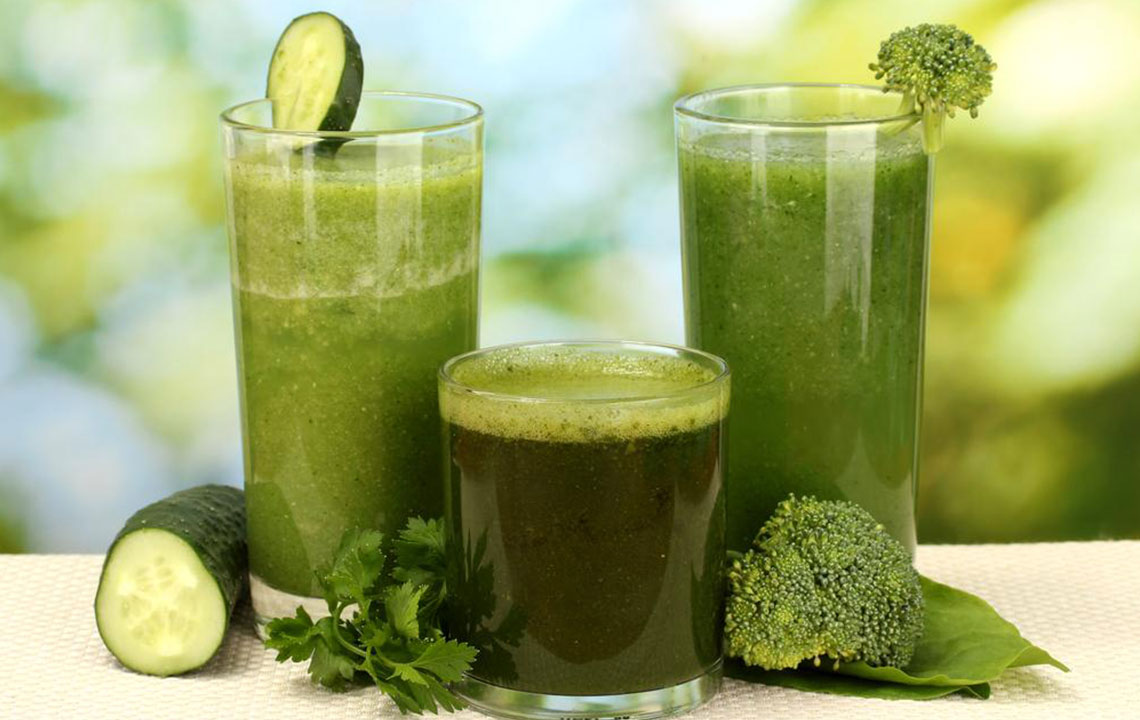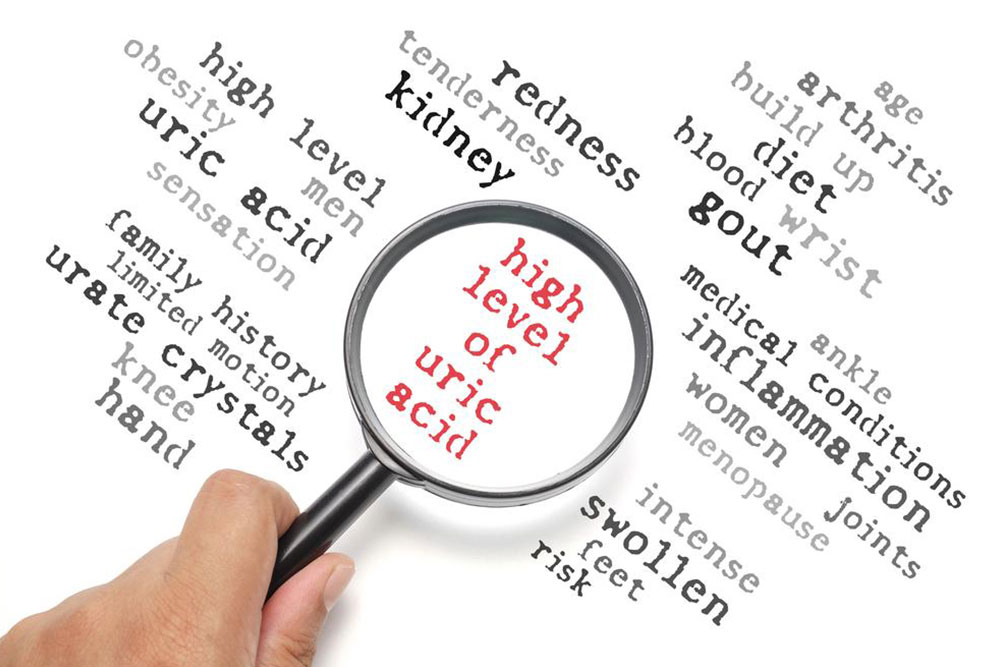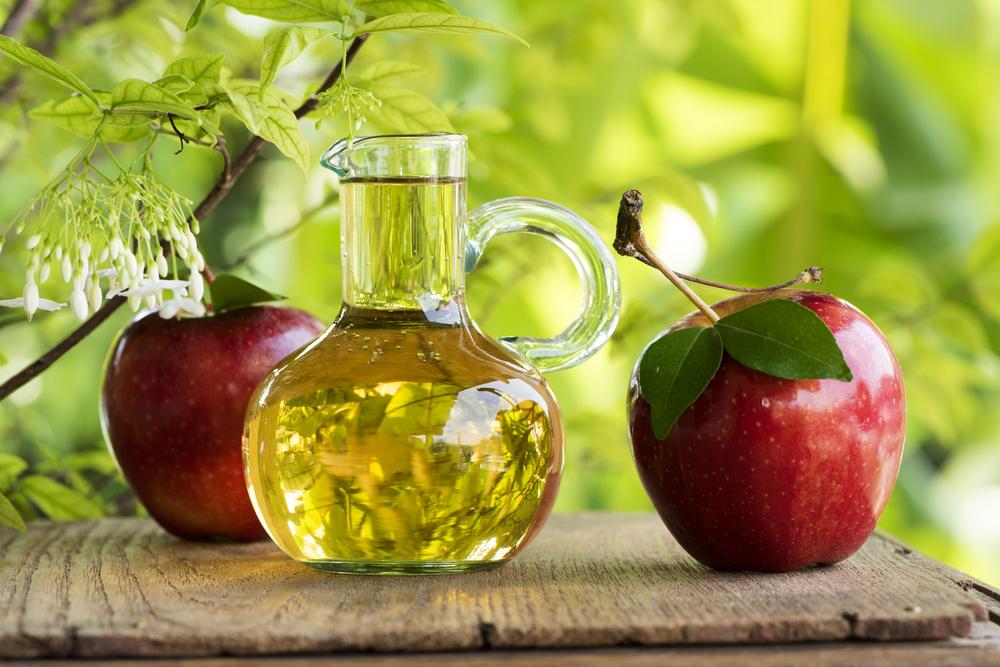Effective Natural Methods to Lower Uric Acid Levels and Improve Health
Learn effective natural methods to reduce uric acid levels and improve overall health. This comprehensive guide covers dietary adjustments, hydration tips, lifestyle changes, and additional remedies to help manage hyperuricemia naturally. Ideal for those seeking to prevent gout, kidney stones, or cardiovascular issues caused by high uric acid. Incorporate these strategies today for a healthier, pain-free life.

Effective Natural Methods to Lower Uric Acid Levels and Improve Health
Elevated uric acid levels in the bloodstream, a condition known as hyperuricemia, can pose significant health risks if left unmanaged. This condition arises when the liver produces excessive uric acid or when the kidneys fail to effectively eliminate it through urine. Persistent high levels of uric acid can lead to the formation of kidney stones, gout attacks, increased blood pressure, and potentially progress to chronic conditions like kidney failure or cardiovascular diseases.
Understanding how to naturally lower uric acid levels is essential for maintaining overall health and preventing these complications. Various lifestyle and dietary adjustments have been shown to effectively control uric acid concentrations without the need for medication, provided these measures are sustained over time.
Comprehensive Strategies for Naturally Reducing Uric Acid
Managing uric acid levels involves a combination of dietary choices, hydration habits, and lifestyle modifications. Below, we explore detailed strategies that can help you maintain healthy uric acid levels naturally.
Increase Your Vegetable Intake
Vegetables are rich in fiber and essential nutrients that support healthy metabolic processes. Consuming a variety of vegetables can help decrease blood uric acid levels because fiber promotes better digestion and excretion. However, it is wise to limit vegetables that are high in purines, which can contribute to increased uric acid. These include cauliflower, peas, asparagus, mushrooms, and spinach. Incorporating lower-purine vegetables such as carrots, cucumbers, lettuce, and zucchini can provide the nutritional benefits without exacerbating uric acid issues.
Prioritize Hydration
Proper hydration plays a crucial role in managing uric acid. Drinking plenty of water aids in flushing out excess uric acid via urine. The general recommendation is to aim for at least 10 to 12 glasses of water daily. If plain water feels monotonous, natural options like fresh fruit juices or coconut water are excellent alternatives. These beverages not only hydrate you but also contain electrolytes and bioactive compounds that support detoxification processes, further assisting in the reduction of uric acid levels.
Opt for Healthy Cooking Oils
The type of fat you consume influences uric acid management. Overheated vegetable oils, especially those that are rancid, can decrease vitamin E levels, an antioxidant that helps reduce inflammation caused by high uric acid. Instead, choose stable, healthy oils such as extra virgin olive oil, which is rich in monounsaturated fats. These oils support overall health and help maintain balanced uric acid levels. Avoid butter and processed vegetable oils, which can promote inflammation and oxidative stress.
Include Anti-Inflammatory Foods
Inflammation is a common consequence of excess uric acid, leading to pain and swelling, especially during gout attacks. To combat this, incorporate anti-inflammatory foods into your diet. Berries like strawberries, blueberries, and cherries are rich in antioxidants and bromelain, a natural anti-inflammatory enzyme found in pineapples. Celery, a natural diuretic, helps alkalize the blood and promotes uric acid excretion. Regular consumption of these foods may reduce inflammatory responses and help control uric acid levels naturally.
Consume Foods Rich in Quercetin
Quercetin is a potent flavonoid with antioxidant and anti-inflammatory properties. It helps inhibit the enzyme xanthine oxidase, which is involved in uric acid production. Foods exceptionally high in quercetin include garlic, onions, leafy greens, apples, and green tea. Consuming these foods daily can support uric acid reduction. Additionally, supplements containing around 250 mg of quercetin per day may provide further benefits, especially for individuals struggling with persistent hyperuricemia.
Use Apple Cider Vinegar Safely
Apple cider vinegar is praised for its alkalizing effects despite its acidic nature. Its potassium content helps balance the body's pH and promotes the alkalization of blood, which can prevent uric acid buildup. Mixing one teaspoon of raw, unfiltered apple cider vinegar with a glass of water and consuming it three times daily is a simple, natural approach to assist in uric acid regulation. Be mindful to start with small amounts to gauge tolerance and consult a healthcare provider if you have any underlying health conditions.
Boost Lemon Juice Intake
Lemon juice contains citric acid, which has a neutralizing effect on uric acid. Regular consumption can stimulate the production of bicarbonates in the digestive system, promoting better digestion and reducing acid accumulation. Adding freshly squeezed lemon juice to your water or tea can be an easy addition to your daily routine to help manage uric acid levels effectively.
Adopt a Healthy Lifestyle
Beyond diet, several lifestyle factors influence uric acid levels. Quitting smoking and limiting alcohol intake are primary steps in reducing the risk of hyperuricemia. Alcohol, especially beer and spirits, can increase uric acid production and impair its excretion. Engaging in regular physical activity helps control weight and improves metabolic health. Exercise also reduces stress and promotes better circulation. Managing stress through yoga, meditation, or deep breathing exercises further helps regulate uric acid levels. Finally, avoiding prolonged periods of sitting or standing can prevent poor circulation and uric acid buildup.
Additional Remedies for Relief
For immediate relief from pain and inflammation caused by gout or uric acid buildup, taking warm Epsom salt baths or applying cold and hot compresses can provide comfort. Epsom salt, rich in magnesium, can be absorbed through the skin to relax muscles and reduce inflammation. Cold compresses help numb pain, while hot compresses increase blood flow and promote healing. Always combine these remedies with long-term lifestyle changes for sustained benefits.
Implementing these natural strategies consistently can significantly help in maintaining healthy uric acid levels. However, if you experience persistent symptoms or complications, it is essential to seek medical advice for comprehensive evaluation and appropriate treatment. Proper diagnosis and personalized management plans are vital for preventing long-term health issues related to hyperuricemia.





